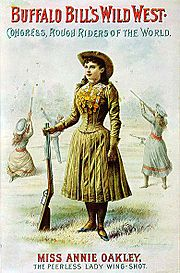Yes, you read that correctly. Lawns, as in your front or back yard. Apparently, it’s not enough that anyone who represents something other than their agenda is racist. Now, even inanimate objects can be classified as such.
We read a few days ago that the Times was moving on from Russia Russia Russia in blaming Trump to Racism. Apparently this was to set the stage.
According to Botti, the creation of lawns transformed the “pristine wilderness” to “identical rows of manicured nature,” as part of the “colonizing of America.” Furthermore, they were created “on the backs of slaves.”
To give evidence to this, he zooms in on a painting of George Washington who is standing in a field among other men who are cutting grass with scythes. Botti said, “It’s grueling, endless work,” as we can well imagine with such primitive tools.
He continues with the history lesson by saying, “By the 1870s, we also see American culture slowly start to embrace lawns for the privileged masses.” He goes on to explain how it was something for the rich and the powerful. Having a lawn meant you were doing well, a sign that you had ‘arrived,’ so to speak. Everyone wanted one, but few could afford the work that it took to create them.
Botti then cites historian Ted Steinberg by calling lawns the “outdoor expression of ‘50s conformism.” He then shows a vintage film of two women in their yards speaking about why they moved to their current neighborhood. Both say it was to be around other white people only.
However, this implies that their neighborhood and not their lawns are racist. In fact, the word lawn or anything remotely similar in meaning isn’t even mentioned.
….
To drive this point home even further, the Times refers to a 2005 NASA report that says there are more lawns in the US than there are irrigated cornfields. They also try to insinuate that more water resources are used to cultivate our yards than is used to ensure our nation has healthy crops.
The Times released a hard-hitting piece talking about how lawn care actually contributes to climate change, pollution and has a history rooted in, you guessed it, slavery.




